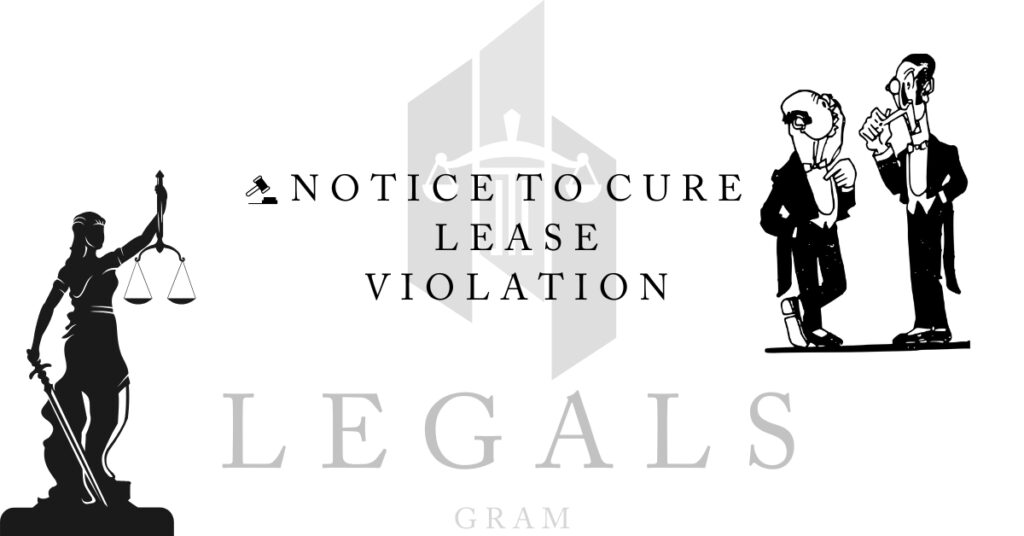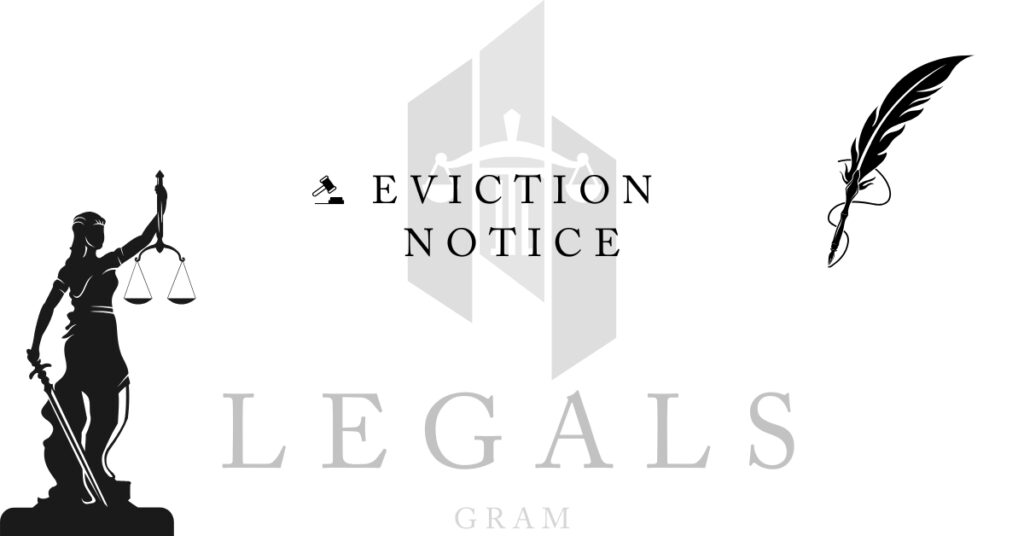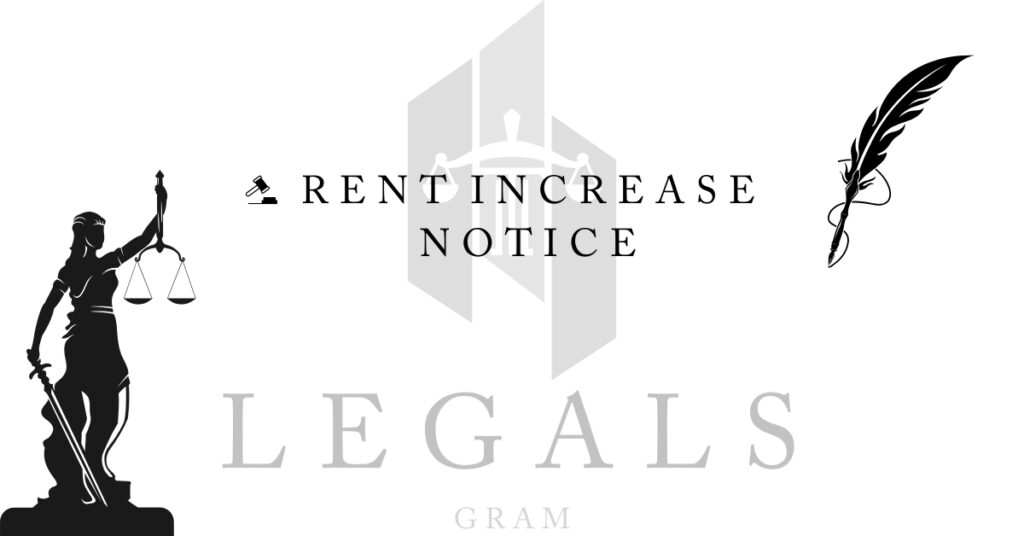If you get a notice to cure from your landlord, it may seem intimidating. Don’t worry too much. The notice is intended to allow you to take care of the issue before you are at risk of eviction.
What Is a Notice to Cure?
A cure letter is considered a legal document. You will get one when you fail to meet the terms of your rental agreement. The notice lists the specific reason you received the traffic ticket. This allows you to work on the problem.
This is required in most states for landlords to do. It’s not a case of being kicked out immediately for most lease violation.
Common Lease Violations
Here are the most common reasons landlords send cure notices:
Late Rent Payment
- Rent is past due by several days
- Partial payments when full amount is required
- Bounced checks or failed electronic payments
Unauthorized Pets
- Keeping pets without landlord approval
- Having more pets than allowed
- Wrong type of pet (like a dog in a cat-only building)
Noise Complaints
- Loud music after quiet hours
- Parties that disturb neighbors
- Excessive noise from children or pets
Property Damage
- Holes in walls beyond normal wear
- Broken appliances or fixtures
- Damage from smoking where prohibited
Occupancy Violations
- Too many people living in the unit
- Subletting without permission
- Long-term guests who should be on the lease
Parking Issues
- Using assigned spots belonging to others
- Parking in fire lanes or handicap spaces
- Having unregistered or broken-down vehicles
Your Legal Rights
When you get a notice to cure, you have specific rights:
Right to Fix the Problem You get a certain amount of time to address the violation. It might take from 3-30 days, based on the rules where you live and what the issue is.
Right to Contest You have the right to challenge the notice if you think it is wrong. Keep records and think about hiring a lawyer.
Right to Proper Notice Notification of property tax payment must meet the rules of your state. It requires accurate data and the right ways to share it.
Right to Stay During Cure Period If you have time to fix the issue, your landlord cannot remove you from the rental.
How to Respond to a Notice to Cure
Step 1: Read Everything Carefully Consider the violation that is listed. Understand the problems that need fixing and their deadlines
Step 2: Act Fast Try to finish your work at least a few days before the day of your class. Once you notice the problem, start taking action to solve it.
Step 3: Keep Records, Take pictures, retain your receipts and save proof of everything you did. It gives you security should disagreements develop after the sale.
Step 4: Communicate Speak with the person who owns the community or the building you live in. Let someone know you are working on the issue.
Step 5: Get Proof of Compliance When the problem is solved, have your landlord give you a written statement saying the issue has been handled.
Sample Response Actions
For Late Rent:
- Pay the full amount owed immediately
- Include any late fees specified in your lease
- Get a receipt showing payment date and amount
- Set up automatic payments to prevent future issues
For Pet Violations:
- Remove unauthorized pets
- Or get written approval from your landlord
- Pay any required pet deposits or fees
- Provide vaccination records if needed
For Noise Issues:
- Stop the behavior causing complaints
- Talk to neighbors to rebuild relationships
- Consider soundproofing if helpful
- Be extra careful about noise levels going forward
For Property Damage:
- Hire professionals to make repairs
- Use quality materials that match existing fixtures
- Get before and after photos
- Submit repair receipts to your landlord
What Happens If You Don’t Cure
Ignoring a notice to cure leads to serious problems:
Eviction Lawsuit Your landlord might file a lawsuit to remove you from the property. Your landlord will record this on your file which will affect your chances of finding a new place.
Court Costs Legal and court costs could be expenses you have to cover.
Forced Move The Police is allowed to eject you and take your belongings from the rental.
Credit Damage After you are evicted, the negative effect will last on your credit for many years.
Housing Difficulties Many people with eviction records find it hard to get a rental because landlords are often reluctant to accept them.
State-by-State Cure Periods
Cure periods vary by location:
California: 3 days for most violations Texas: 3 days for lease violations, 30 days for health/safety issues
New York: 10 days for most violations Florida: 7 days for lease violations Illinois: 10 days for lease violations
Check your local laws for exact timeframes. Some cities have different rules than their states.
Prevention Tips
Pay Rent on Time: Have payments made automatically or remind yourself by placing them on your calendar. Pay ahead of the due date so there are no issues.
Follow All Lease Rules: Go through your lease every six months. Try to learn every term.
Communicate Early: Speak to your landlord as soon as possible if you expect to have challenges meeting the lease terms.
Document Everything: Document any rent payment that you make, every maintenance request you have and interactions with your landlord
Know Your Rights: Check what the laws are regarding tenants in your area. Information allows you to dodge problems and take better action when issues appear.
When to Get Legal Help
Some situations need professional advice:
- You disagree with the violation claimed
- The notice seems legally incorrect
- You’ve already been served with eviction papers
- Your landlord is retaliating against you
- You have disabilities that require accommodations
Many areas have free legal aid for tenants. Look for local tenant rights organizations.
Final Thoughts
Getting a notice to cure does not have to be a crisis. It’s your landlord providing a fair opportunity for you to fix the problem. Usually, these violations can be fixed quickly if the correct steps are taken. Rent Increase Notice
Quickly resolve the problem and see it all the way through. Ignoring the notice or waiting for it to leave on its own is not a good idea. Work on solving the issue, keep documentation and update your landlord.
Nobody should forget that prevention is always more efficient than healing in this situation. Adhere to your lease, pay rent when it is supposed to be paid and stay in good contact with your landlord.
For any part of the notice that you don’t understand, request support from either a tenant rights organization or a lawyer. Preserving your housing stability is important.



